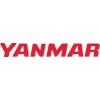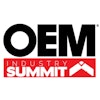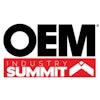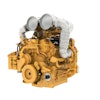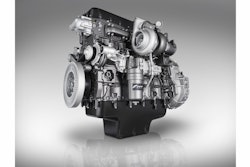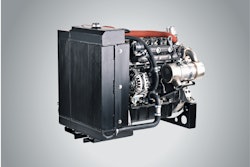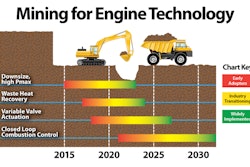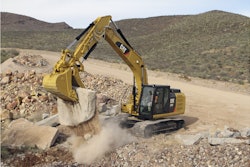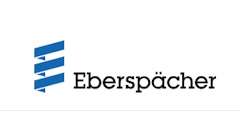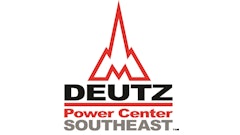Omnitek Engineering Corp. has reported results for its third quarter and nine months ended September 30, 2014 which reflect higher revenues, the company’s successful third EPA-approved natural gas engine and EURO 4 emissions certification in Mexico.
Net revenues climbed for the third quarter 60% to $449,477 from $280,921 a year earlier – reflecting increased natural gas filter sales, drop-in engine sales and conversion kit shipments. For the same period, the company reported a net loss of $542,357, or $0.03 per share, compared with a net loss of $973,248, or $0.05 per share, a year earlier – primarily reflecting the non-cash impact related to a change in the valuation of a derivative.
Net revenues for the nine-month period increased 29.6% to $1.07 million from $827,460 a year ago, due to the positive factors noted above and no further impact of the company’s relocation to a large facility a year earlier. For the same period, the company reported a net loss of $1.42 million, or $0.07 per share, compared with a net loss of $3.71 million, or $0.19 per share, a year earlier.
Gross margin for the quarter ended September 30, 2014 was 45% compared with 36% a year earlier due to volume and product mix. Gross margin for the nine months was 40% compared with 36% a year earlier, but still consistent with the company’s normalized target range of 40 to 50% as domestic sales commence and foreign sales regain momentum.
“We remain confident that the long-awaited domestic conversion market will continue to accelerate as large domestic trucking fleet operators focus on our expanding line up of EPA-approved natural gas 'drop-in' engines and conversions kits, the favorable economics, and environmental considerations,” says Werner Funk, President and Chief Executive Officer of Omnitek Engineering Corp.
On September 30, 2014, current liabilities totaled $543,167 and current assets totaled $3.3 million, resulting in positive working capital of approximately $2.7 million and a current ratio of 6.04 to 1. The company’s total assets at September 30, 2014 were $3.4 million. Funk notes that inventory levels remain high to support the anticipated ramp up of domestic sales activities in the current year and expected accelerating activities in early 2015.
The company is working diligently to obtain EPA and CARB approval for additional diesel engine models to address the anticipated increasing demand from trucking fleets that operate with other diesel engine models to complement its EPA-certification of the heavy-duty Navistar DT466E and DT530E, 12-liter Mack E7 and Detroit Diesel Series 60 engines. The company is currently focused on completing testing of the Caterpillar C15 engine models as part of the second phase for the Puget Sound Clean Air Agency pilot project.
Funk emphasizes that the cost for a diesel truck engine conversion can be recouped within a one-to-two year period, and even earlier if performed during a regularly scheduled engine overhaul.
